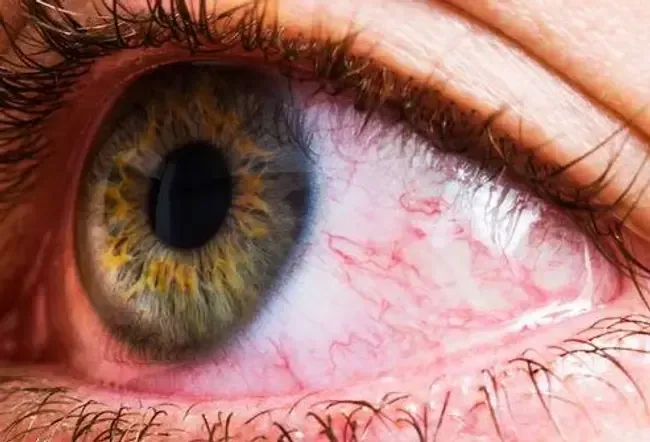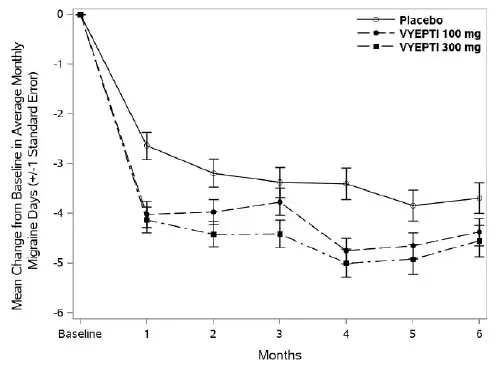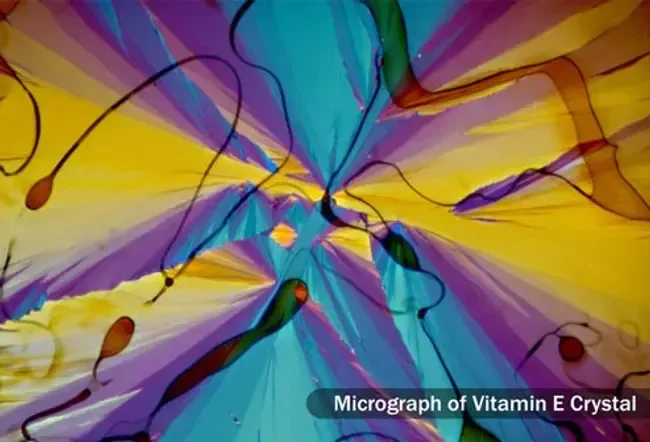Eye Health: What Your Eye Symptoms May Mean
The Information On The Site Is Not Medical Advice. We Do Not Sell Anything. The Accuracy Of The Translation Is Not Guaranteed. Disclaimer
Red or Bloodshot

Tiny blood vessels in your eye may expand or burst when they get irritated or infected. It's pretty common and often goes away without treatment. An injury glaucoma and cuts scratches and sores on your cornea could be more serious. Check with your eye doctor if your eye hurts or doesn't improve in a day or two or if you have trouble seeing.
Burning or Stinging

It's often a sign of tired or irritated eyes possibly from hay fever dust or smoke. It may also be a sign of blepharitis a buildup of bacteria that causes dandruff-like flakes on your eyelids or dry eye when your eyes don't make good-quality tears or enough of them. A more serious issue is an inflamed cornea also known as keratitis.
Crust

When tears and oils dry they can leave a sticky crust on your lids or lashes. A small amount when you wake up is normal but you may need to see a doctor if you have more than usual it's yellow or greenish or you have other symptoms too. Pinkeye is contagious. Blocked tear ducts can lead to the buildup of tears and fluids on your eyes. Blepharitis can cause problems with your oil glands.
Dry or Itchy

Irritated eyes are often caused by allergies medications wearing contact lenses aging diseases like arthritis and eyestrain from computer use. Eye drops may help. Look for ones that moisturize. Don't use drops for redness. Another way to get relief is to put a cold compress on your eyes. You should never rub an itchy eye. If it won't go away see a doctor who can help you treat the cause not just the symptom.
Puffy Eyes

It's often easy to figure out what's causing this -- from allergies pinkeye or another infection or inflammation to bumps on your eyelids sores on your cornea or a black eye. In rare cases it may be thyroid problems. Often the swelling goes away on its own. If it lasts longer than 24 hours or if you have trouble with your vision call your doctor right away.
Watery

Tears are a good thing. They keep your eyes moist and they help wash out things that don't belong. When you have watery eyes that means either your tears are working overtime or they can't drain away normally. It may be something that will clear up or it could be an infection a cut or scrape or blocked tear ducts. You should definitely see a doctor if your eyes hurt you have trouble seeing or it feels like something's in your eye.
Twitching

Blinking is how you spread tears across your eyes. Small unintended movements of the eyelid are common and may stop when you get more rest or cut back on caffeine. You'll want to call your eye doctor when your eyelids are closing for no reason (blepharospasm) which may last for hours or one side of your face goes tight (hemifacial spasm) often starting near the eye.
A Lump

It may be tempting but never pop one yourself. Styes are red painful lumps on your lashes or under your lid. They're caused by bacteria. A chalazion is a usually painless swollen bump on your eyelid from a clogged oil gland.
Soak a clean washcloth in warm water then hold it on your eye for about 10 to 15 minutes three to five times daily. If that doesn't help see your doctor.
'Something' in Your Eye

Don't rub! If your eyes aren't watering already blinking more or using artificial tears may help flush out an eyelash or speck of dust. Tears will also ease the sliding of your eyelid over your eye in case something is inflamed. A warm washcloth on your eyes could be soothing too. See an eye doctor if the feeling doesn't get better within hours. It could be an infection a scratched cornea or something else you'll need help with.
Yellow

If the whites of your eyes look yellow instead it's a good sign you have jaundice. This liver disease can be the result of hepatitis alcohol abuse gallstones and rarely cancer. See a doctor right away.
Yellow spots in your eyes are more likely to be growths called pinguecula (protein fat or calcium) or pterygium (fleshy tissue). You don't usually need to get treatment for these unless they bother you or interfere with your vision.
Odd-Sized Pupils

For most people the dark spot in the center of your eye grows or shrinks to control how much light enters the eye. But sometimes it appears to be stuck wide open (mydriasis) or small (miosis). Or both eyes may not be the same size. These effects could be for many reasons including nerve damage migraines medications or eye surgery. Your doctor can help you figure out if it's a serious issue or harmless.
Crossed or Turned Eyes

When your eyes don't point in the same direction they send different images to the brain which learns to ignore information from the weaker or 'lazy' eye. Strabismus or misaligned eyes affects 1 in 25 children. Sometimes glasses will straighten out the eyes and help them work together though surgery may be needed to correct the unbalanced eye muscles.
Droopy Eyelids

Most of the time an eyelid that has fallen over time and hangs so low it blocks some of your sight can be fixed with cosmetic surgery. When it shows up fairly quickly it could be a sign of a stroke brain tumor muscle disease or nerve problems. If your droop appears within hours or days call your doctor right away.
Eye Health: What Your Eye Symptoms May Mean
Sources: 
IMAGES PROVIDED BY:
- Dimitri Otis / Getty Images
- PeopleImages / Getty Images
- Western Ophthalmic Hospital / Science Source
- Wiki Visual / Creative Commons
- PKMcNally / Thinkstock
- Chepko / Thinkstock
- Anthony Lee / Getty Images
- Dr P. Marazzi / Science Source
- David Davis / Science Source
- DR P. MARAZZI / Science Source
- RICHARD WAREHAM FOTOGRAFIE / Science Source
- SPL / Science Source
- Science Source / Science Source
REFERENCES:
- Mayo Clinic: 'Red eye' 'Watery eyes' 'Alcoholic hepatitis' 'Pancreatic cancer' 'Horner syndrome.'
- American Academy of Ophthalmology: 'What Causes Eye Allergies?' 'What Is Keratitis?' 'What Are Keratitis Symptoms?' 'What Is Blepharitis?' 'Crusty Eyelid or Eyelashes' 'Itchiness' 'How to Help Itchy Eyes' 'Causes of Dry Eye' 'What Is a Corneal Ulcer?' 'Swelling Around Eye' 'Tearing' 'Fungal Keratitis Symptoms' 'Blocked Tear Duct Treatment' 'What Is Dry Eye?' 'How To Stop Eye Twitching' 'What Are Chalazia and Styes?' 'Chalazia and Stye Treatment' 'Why does it feel like something is rubbing against my eye when I blink?' 'Why did the whites of my daughter's eyes turn yellow?' 'What Is a Pinguecula and a Pterygium (Surfer's Eye)?' 'Pinguecula and Pterygium (Surfer's Eye) Treatment' 'EyeWiki: Anisocoria' 'Enlarged Pupil(s)' 'What Is Strabismus?' 'Strabismus Treatment.'
- Cleveland Clinic: 'Why Your Eyes Are Crusty in the Morning' '8 Reasons for Your Swollen Eye or Eyelid.'
- KidsHealth: 'Why Do Eyes Water?'
- British Journal of Clinical Pharmacology : 'Relationship between sedation and pupillary function: comparison of diazepam and diphenhydramine.'
- American Association for Pediatric Ophthalmology and Strabismus: 'Strabismus.'
- Harvard Health Publishing: 'Drooping Eyelid (Ptosis).'
This tool does not provide medical advice. See additional information: 
THIS TOOL DOES NOT PROVIDE MEDICAL ADVICE. It is intended for general informational purposes only and does not address individual circumstances. It is not a substitute for professional medical advice diagnosis or treatment and should not be relied on to make decisions about your health. Never ignore professional medical advice in seeking treatment because of something you have read on the Site. If you think you may have a medical emergency immediately call your doctor or dial 911.
© 1996-2025 WebMD LLC . All rights reserved.
Source slideshow on WebMD












